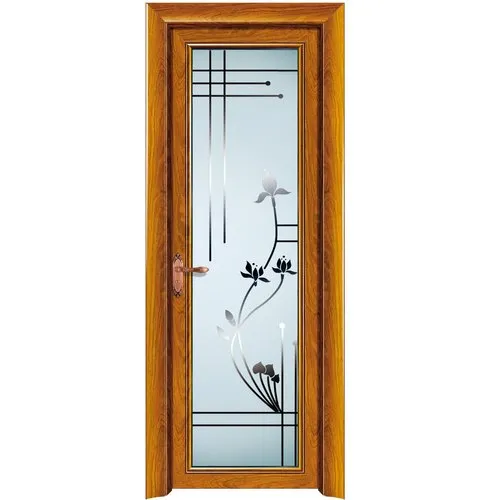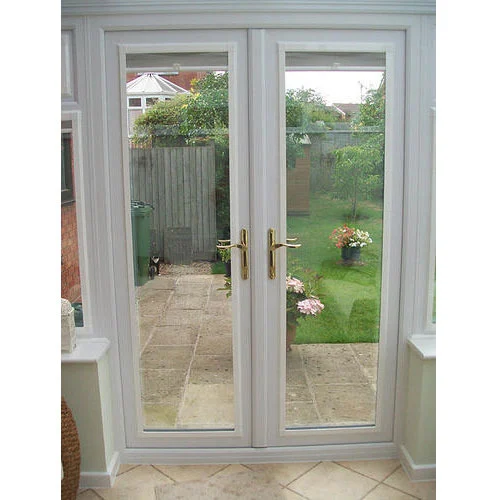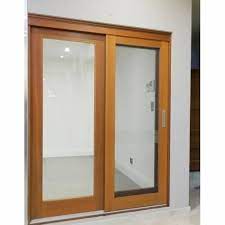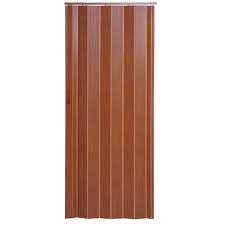What is UPVC Door
A uPVC door, which stands for "unplasticized polyvinyl chloride" door, is a type of door made from a rigid
plastic material that is resistant to various environmental conditions. uPVC is a versatile and durable
material commonly used in construction for windows, doors, and other building elements.
uPVC doors are popular for several reasons:
Durability: uPVC is resistant to rot, corrosion, and weathering. This makes uPVC doors suitable for
various climates, including areas with high humidity, rain, and temperature fluctuations.
Low Maintenance: uPVC doors require minimal maintenance compared to traditional wooden doors.
They don't need to be repainted or sealed regularly and can be cleaned with simple soap and water.
Energy Efficiency: uPVC has good insulating properties, helping to reduce heat transfer between the
interior and exterior of a building. This can contribute to energy savings and a more comfortable
indoor environment.
Security: uPVC doors often come with multi-point locking systems, enhancing security compared to some
older door designs.
Variety: uPVC doors are available in various styles, colors, and designs to match different architectural
aesthetics and preferences.
Affordability: uPVC doors are generally more affordable than doors made from materials like solid wood or
composite materials.
Environmental Impact: While the production of uPVC involves the use of plastic, which has environmental concerns,
uPVC doors have a long lifespan and can be recycled at the end of their use, reducing their overall impact.
It's worth noting that uPVC doors are distinct from PVC doors. The "unplasticized" aspect of uPVC means that it
doesn't contain added plasticizers, making it more rigid and suitable for structural use compared to standard
PVC, which is more flexible and often used for items like pipes and certain types of flooring.
Know Different Types of UPVC Doors
.webp)





